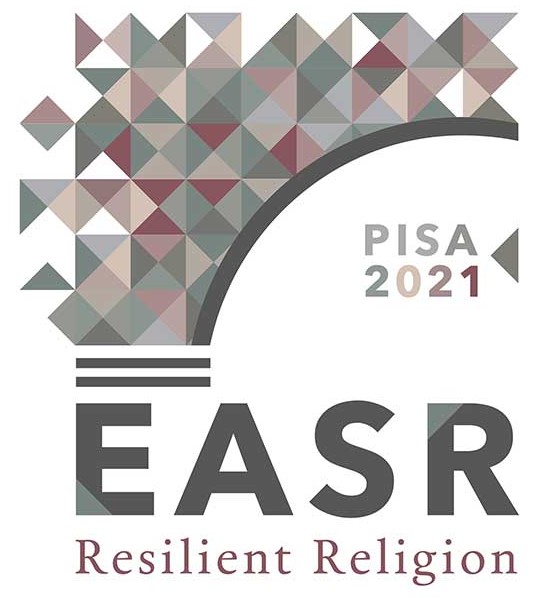Resilient Pilgrimage
In the late 20th century/ early 21st century, pilgrimage appeared to be booming in Europe. Greater mobility, enhanced transnational border crossing and the availability of affordable travel; the reframing of traditional pilgrimages such as the Camino of Santiago de Compostela and myriad examples of ‘Caminoised’ pilgrimage routes; the developing interest in ‘storied’ places and pasts; changes in political and religious regimes which allowed a return to certain sites and the revival of religious activity there, all seemed to encourage an ongoing exponential growth in pilgrimage activities. Many different agencies and individuals were and continue to be heavily supportive of and convinced about the spiritual, social, political, economic and personal benefits to be derived from pilgrimage.
Covid 19, with its concomitant limits on mobility and sociability, closed borders, and growing reflections on the wisdom of travel in relation to the environment as well as health has had an impact on pilgrimage in numerous ways. However, travel restrictions and personal peril are nothing new in relation to pilgrimage. Historically, there could be considerable elements of risk in pilgrimage, and diverse disincentives to journeying to specific sites, whether the physical trials of pilgrimage in the middle ages, post-Reformation strictures on pilgrimage praxis and places, or Soviet era restrictions on religious observance of various sorts.
The abrupt disruption and physical discontinuation of much pilgrimage activity in 2020/21 provides a suitable backdrop for considering resilience in relation to pilgrimage. This Open Session examines practical and conceptual aspects of Resilient Pilgrimage, as both historical and contemporary phenomenon. What is resilient about pilgrimage? Can there be a model of resilient pilgrimage? What determines or contributes to resilience in relation to pilgrimage: place, praxis, personality, adaptivity, narratives? From the virtual pilgrimages to Jerusalem made by medieval nuns to the current plethora of online virtual pilgrimage, what is resilient, what remains, when the physical reality of the focus of pilgrimage is threatened, off-limits or absent? We welcome recent historic and fieldwork-based examples of pilgrimage which actively engage with Resilient Pilgrimage as a systematic focus, enabling exploration of these and other issues in relation to resilient pilgrimage and resilience in relation to pilgrimage.
This Open Workshop session is proposed in relation to Re-storied Sites and Routes as Inclusive Spaces and Places: Shared Imaginations and Multi-layered Heritage ( https://restoriedsites.ut.ee/ ), a collaborative project involving researchers in Estonia, Norway, Lithuania, Latvia and the UK.
Co-chairs:
Marion Bowman: marion.bowman@open.ac.uk
Dirk Johannsen: dirk.johannsen@ikos.uio.no
